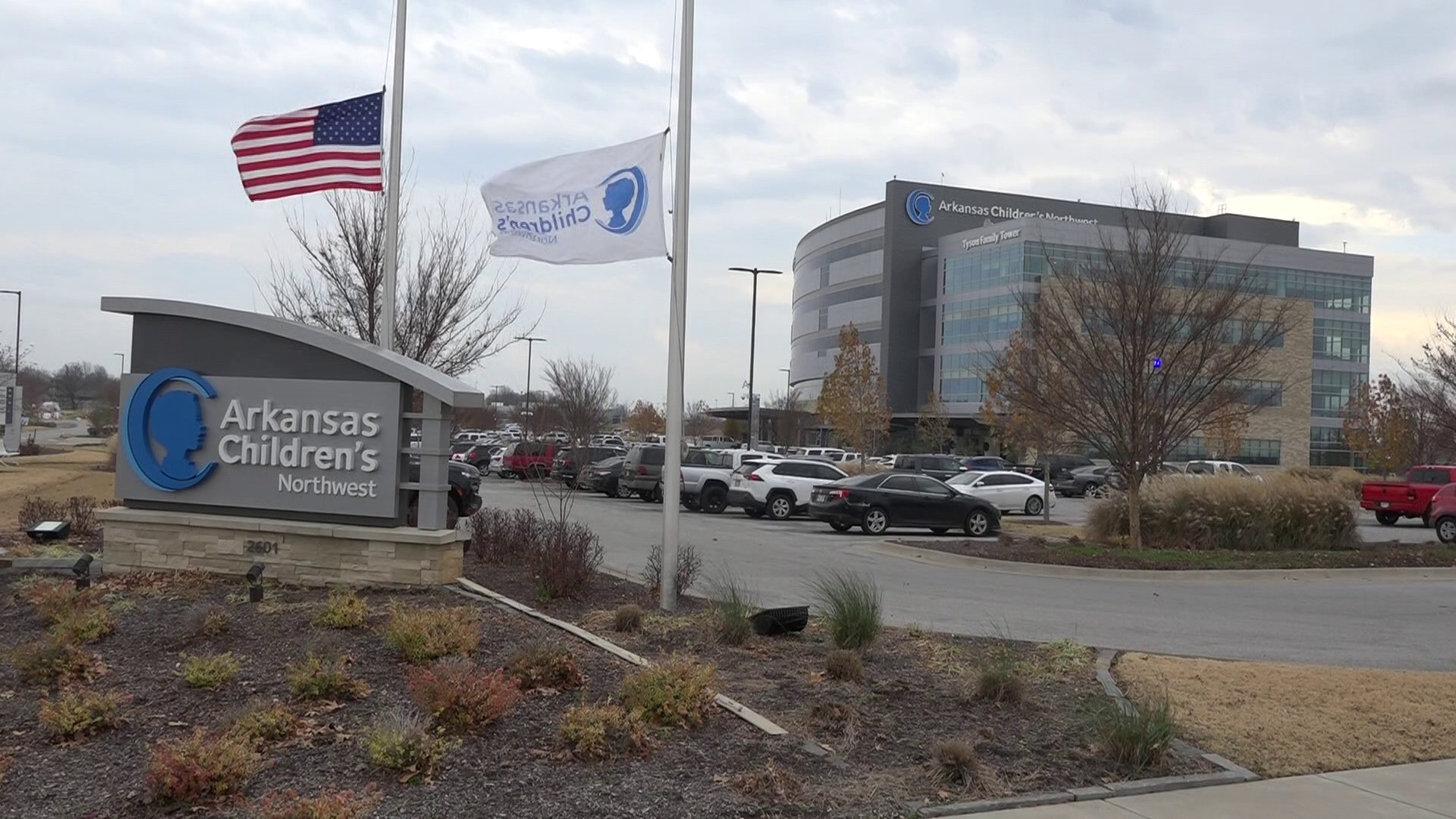FAYETTEVILLE, Ark. — The National Institutes of Health (NIH) has awarded $2.5 million to Arkansas Children’s Research Institute (ACRI) to study ways to reduce the long-term side effects of acute lymphoblastic leukemia (ALL) treatment, the most common form of childhood cancer.
The research includes identifying potential causes of long-term side effects of the treatment of the cancer.
Researcher and associate professor of hematology/oncology at UAMS College of Medicine Ellen van der Plas, Ph.D. will lead the five-year study to pinpoint the moments during treatment that may result in long-term neurocognitive issues.
3,000 new cases of ALL are reported in children each year, making it the most common type of childhood cancer. Though this aggressive cancer is fatal if untreated, current modern chemotherapy treatments result in survival in over 90% of cases.
Although children battling ALL can be cured before entering kindergarten, the side effects of the treatments they receive can impact academic and vocational success for the rest of their lives.
Long-term side effects of ALL treatments can lead to different neurocognitive issues including:
- diminished ability to concentrate
- poor memory
- shorter attention spans
- other functions governed by the frontal lobe
“Cancer casts such a long shadow,” van der Plas said. Her goal is for cancer survivors to “have the same quality of life as their peers". "We want to make sure they’re not facing a lifelong burden.”
Non-invasive neuroimaging scans will be used to study the young participants during their first year of treatment. Capturing brain images of young patients can be challenging, however van der Plas says they have a plan in place.
“We prepare them through play,” van der Plas said. “And we partner with child life specialists to help kids feel at ease with the scanner procedures.”
Children in the study will interact with an MRI simulator, which will help prepare them for procedures by having them explore the MRI tunnel and sounds in a gradual and playful manner.
The $2.5 million Method to Extend Research in Time (MERIT) award recognizes the value of long-term funding for outstanding research projects and can be extended for an additional two years based on the review of the research's achievements during the initial funding period.
Download the 5NEWS app on your smartphone:
Stream 5NEWS 24/7 on the 5+ app: How to watch the 5+ app on your streaming device
To report a typo or grammatical error, please email KFSMDigitalTeam@tegna.com and detail which story you're referring to.

